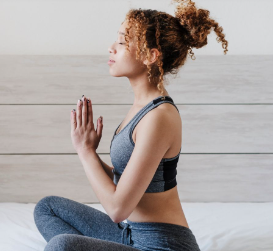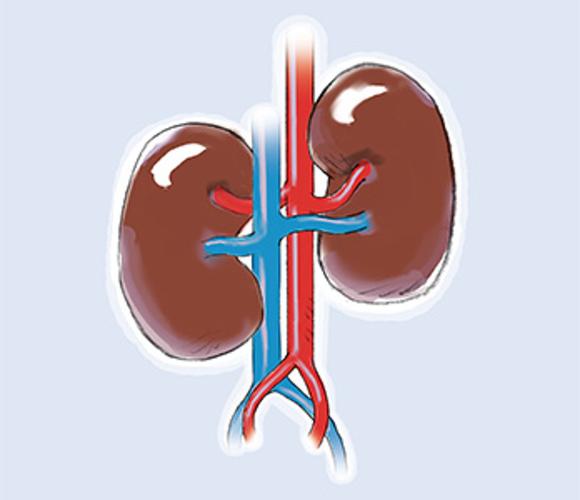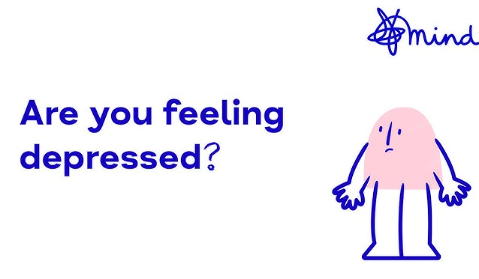Most people don’t know there’s just one way to alleviate stress. Check below and find out the details.
Introduction to Brief Meditation
For those overwhelmed by stress, meditation can be a lifeline. The beauty of meditation lies in its brevity; short sessions can provide a significant stress reduction, offering a moment of tranquility in a chaotic day.
Finding Your Quiet Spot
To begin meditating, find a quiet, comfortable space where you can sit or lie down without distractions. This simple act of setting the scene can help you transition into a meditative state more easily.
Focused Breathing: The Gateway to Meditation
One of the simplest meditation techniques is focused breathing. Close your eyes and take slow, deep breaths. Concentrate on the rhythm of your inhales and exhales, allowing your breath to guide you into a state of relaxation.
Body Scan Meditation
Another effective method is the body scan. Start at the top of your head and mentally scan down through your body, noting any areas of tension. This awareness can help you release stress and feel more at ease.
Guided Imagery
Visualize a peaceful scene or setting. Imagine yourself in a tranquil location, such as a beach or a forest. Use all your senses to make this visualization vivid and real. Guided imagery can transport you mentally to a calm and serene place.
The 5-Minute Mindfulness Exercise
Mindfulness meditation involves focusing on the present moment. Choose a simple object, like a flower or a stone, and observe it closely for five minutes, noting its texture, color, and form. This practice anchors you in the present, away from stressful thoughts.
Mantra Meditation for Stress Relief
Choose a calming word or phrase, such as “peace” or “relax.” Repeat this mantra silently or aloud as you breathe in and out. The repetition can help quiet the mind and provide a sense of calm.
Walking Meditation
Meditation isn’t limited to sitting still. Walking meditation involves focusing on the sensation of your feet touching the ground with each step. This movement-based practice can be particularly effective for those who find it hard to sit still.
Short Sessions, Powerful Impact
Remember, the effectiveness of meditation isn’t measured by the time spent but by the depth of your focus. Even a few minutes of concentrated meditation can have a profound impact on reducing stress.
Making Meditation a Daily Habit
Incorporate short meditation sessions into your daily routine. Mornings, lunch breaks, or before bed are ideal times to practice. Regular practice can help you manage stress more effectively.
Conclusion: Harnessing the Power of Meditation
Stress may be an inevitable part of life, but it doesn’t have to control you. By incorporating these simple meditation techniques into your day, you can cultivate a greater sense of peace and resilience. Take the first step towards a less stressful life with the power of brief meditation.




